
Four Reasons Why ‘All-Natural’ Supplements Might Still Be Risky for Athletes
Here are four reasons why you should be skeptical if you see “all natural” on a supplement label. Educate yourself and visit Supplement Connect.
U.S. Anti-Doping Agency (USADA)
Click here to log in to the
Athlete Connect application
Click here to view your
test history and results

Here are four reasons why you should be skeptical if you see “all natural” on a supplement label. Educate yourself and visit Supplement Connect.
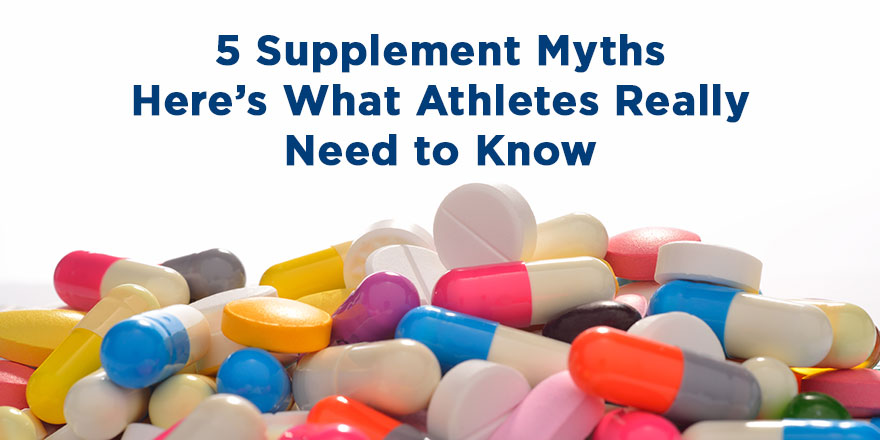
Among athletes and consumers alike, there is often a misconception that dietary supplements are safe because they go through a robust vetting process like medicines and medical devices. Unfortunately, that couldn’t be farther from the truth.
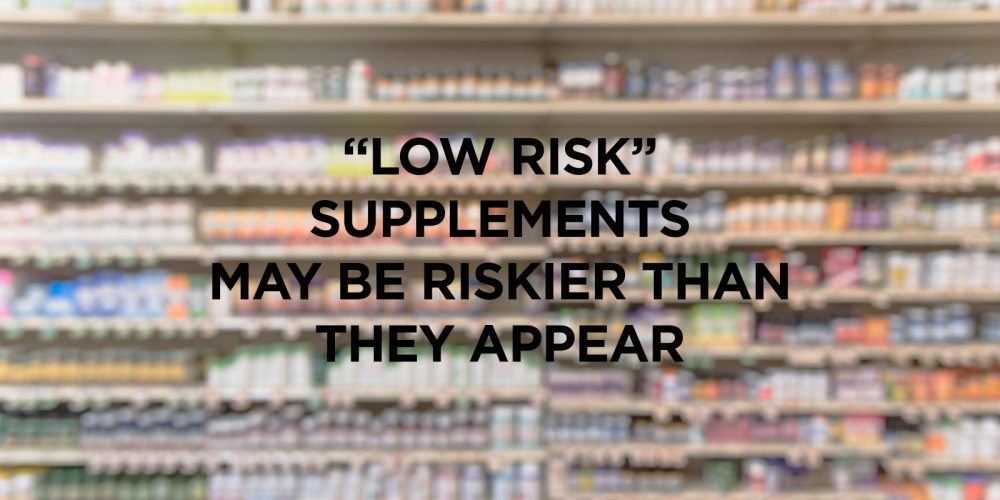
Examples of manufacturers that have marketed seemingly low-risk vitamin and electrolyte supplements that contained dangerous and prohibited anabolic agents.

Among its various Prohibited List resources for athletes and their support personnel, USADA publishes substance profiles to highlight vital information about high-risk substances, including Ostarine.

FDA does not analyze the safety, efficacy, or label accuracy of supplements before they are sold to consumers. Check your supplements for safety.
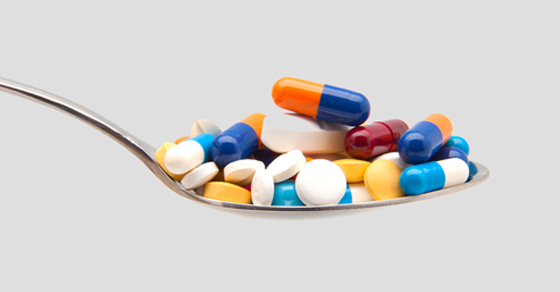
The use of dietary supplements comes with a wide-range of risks for both consumers and athletes. Here are three things to know about supplement use.
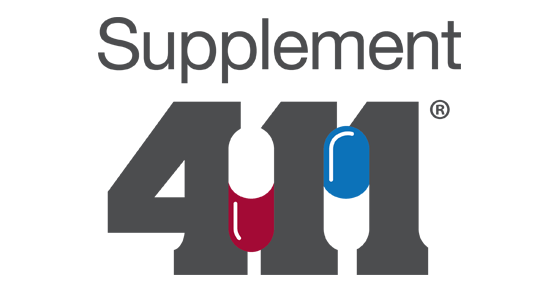
Today USADA, along with five federal agencies, announced the results of a national dietary supplement initiative and new supplement education tools.
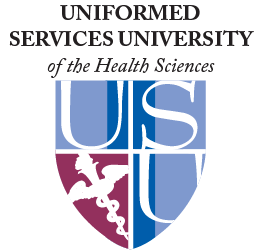
The U.S. Anti-Doping Agency (USADA) and the Consortium for Health and Military Performance’s Human Performance Resource Center (HPRC) at the Uniformed Services University of the Health Sciences (USU) today announced an important new partnership created to provide robust educational resources designed to help service members understand and navigate the potential dangers associated with dietary supplements.
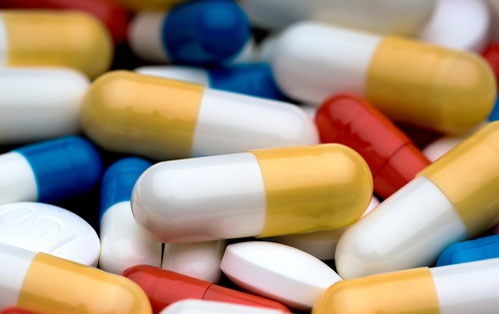
Statement From USADA CEO Travis T. Tygart On The Designer Anabolic Steroid Control Act Introduced Today By Senators Hatch And Whitehouse
This is an necessary category.